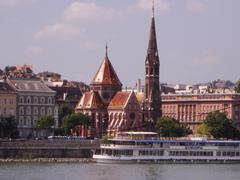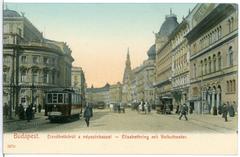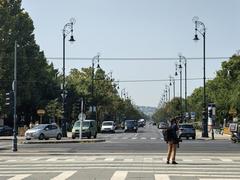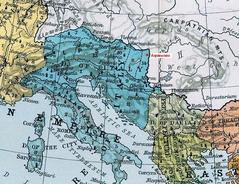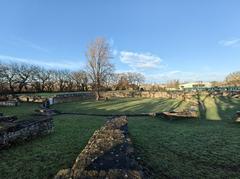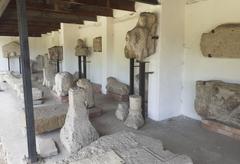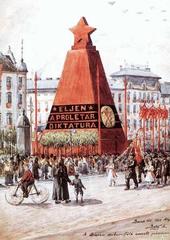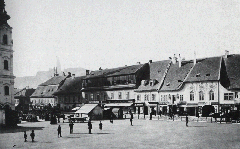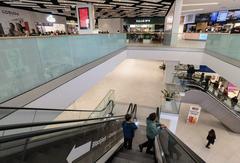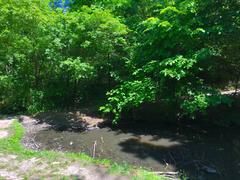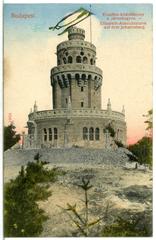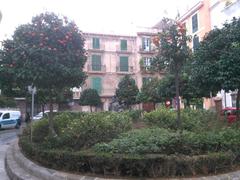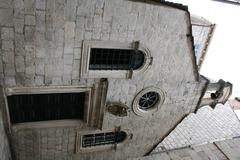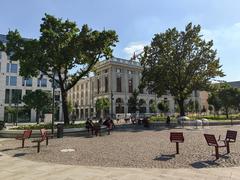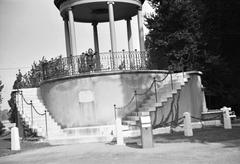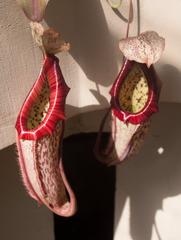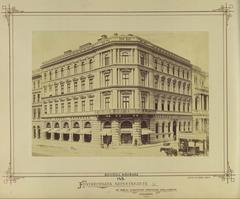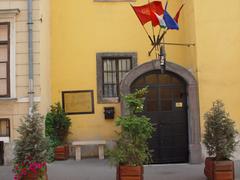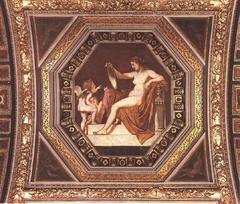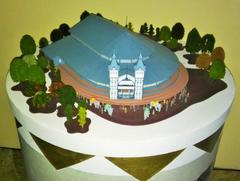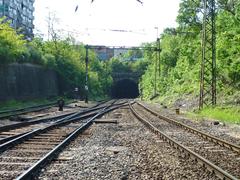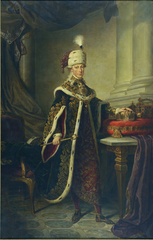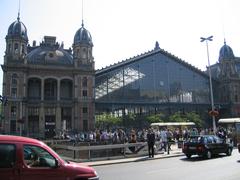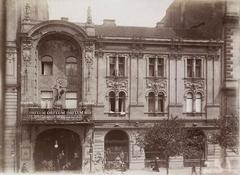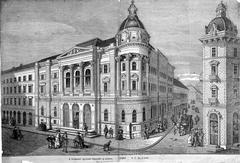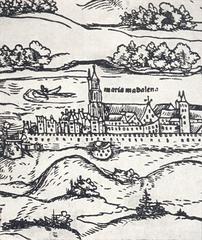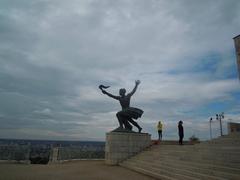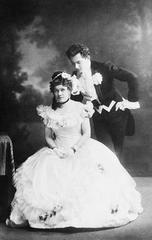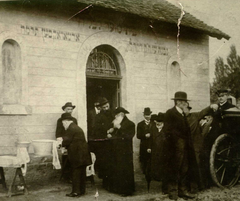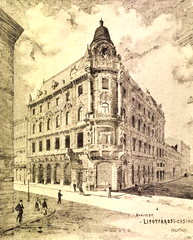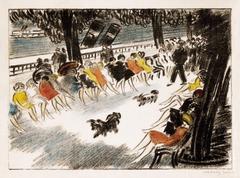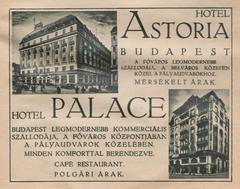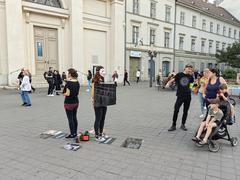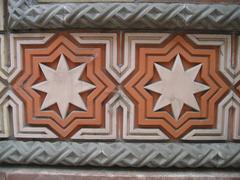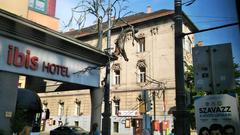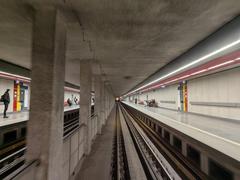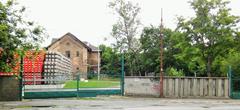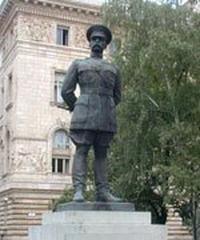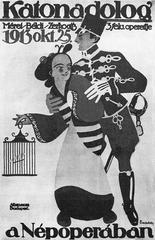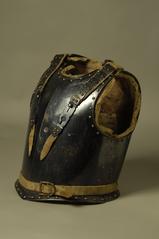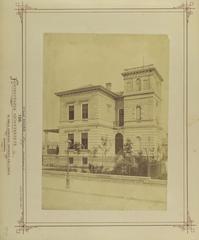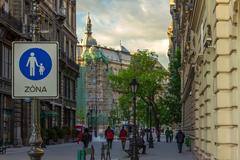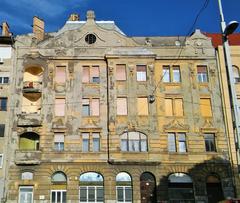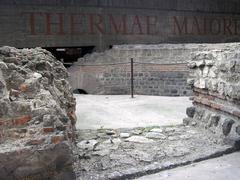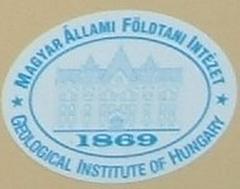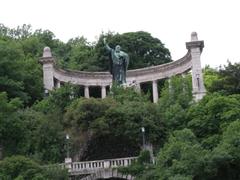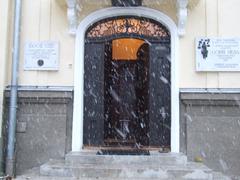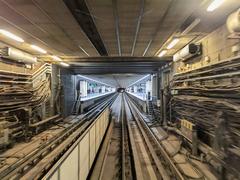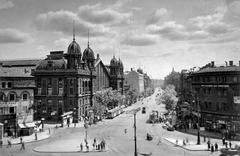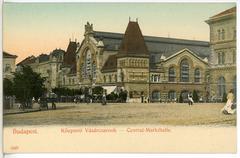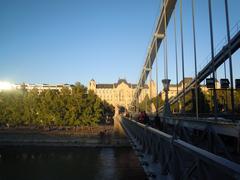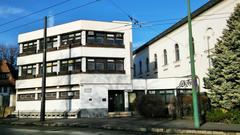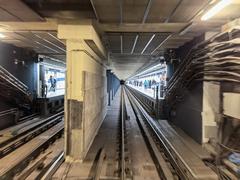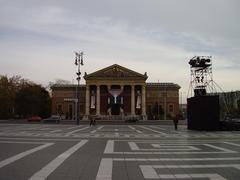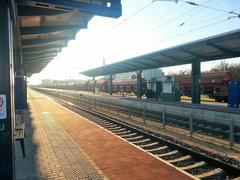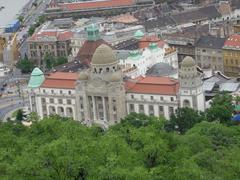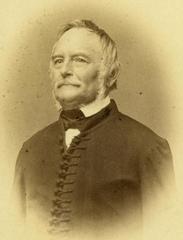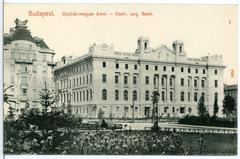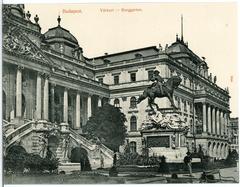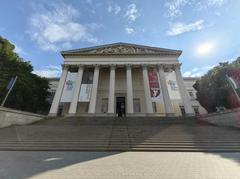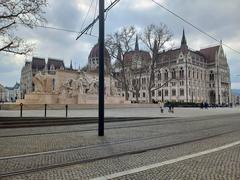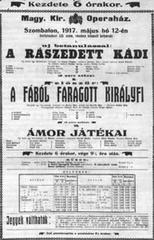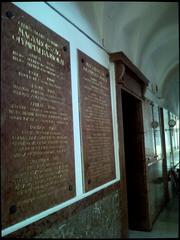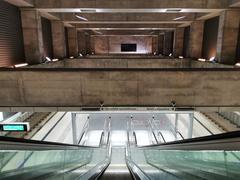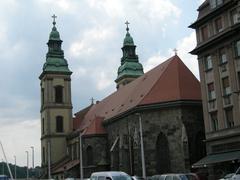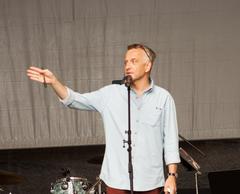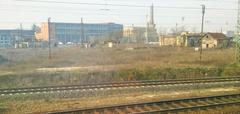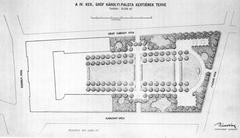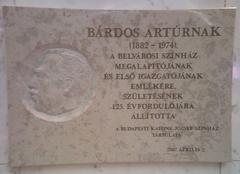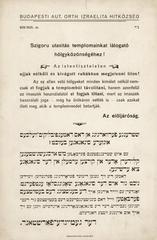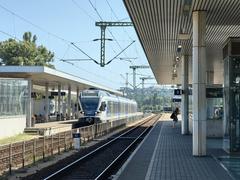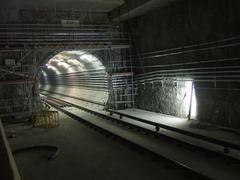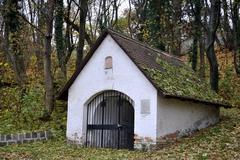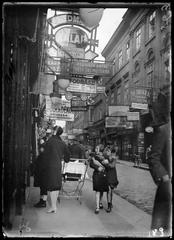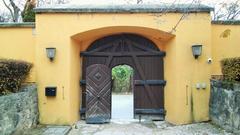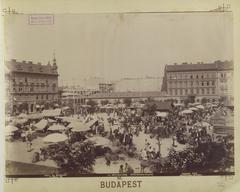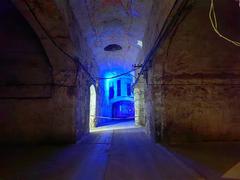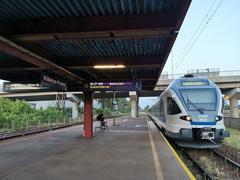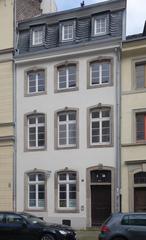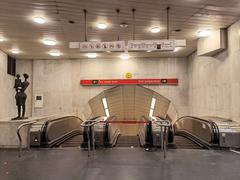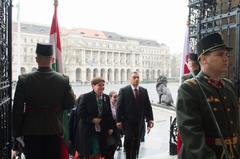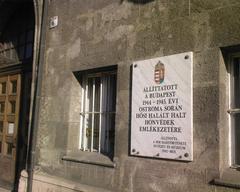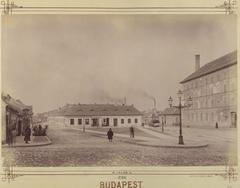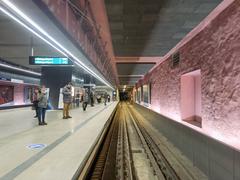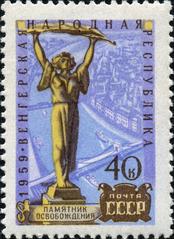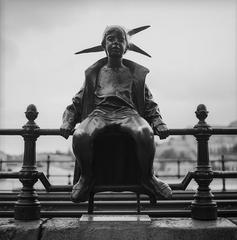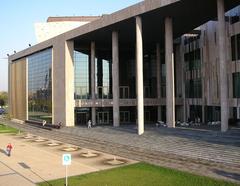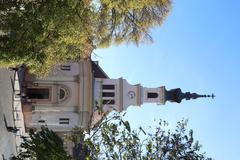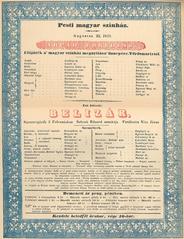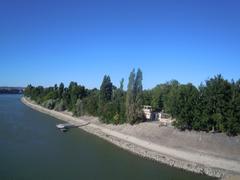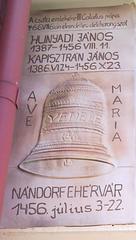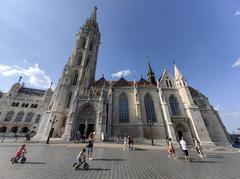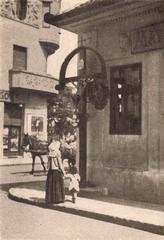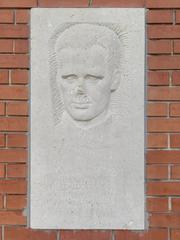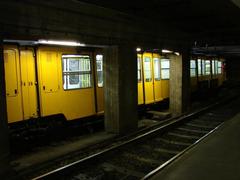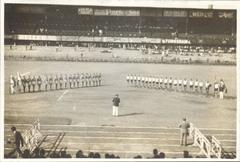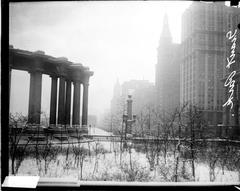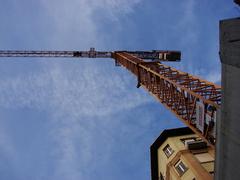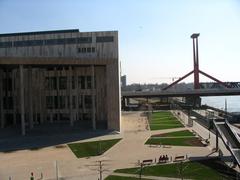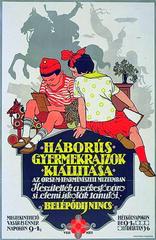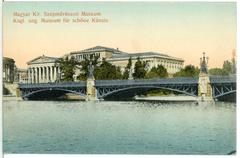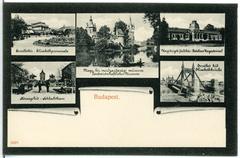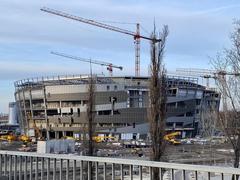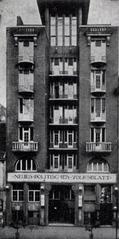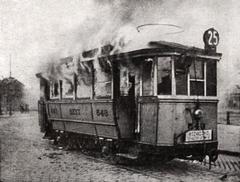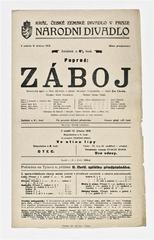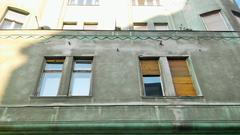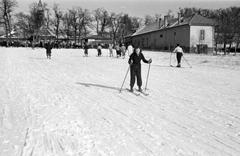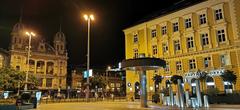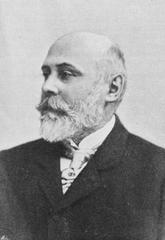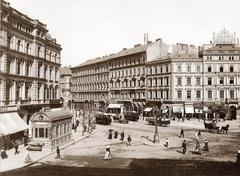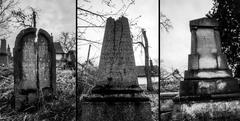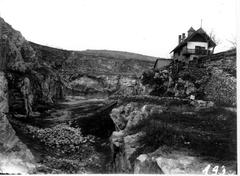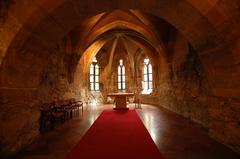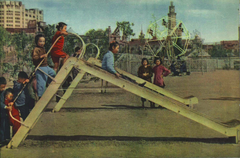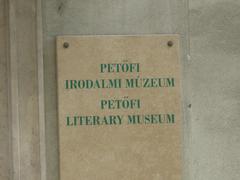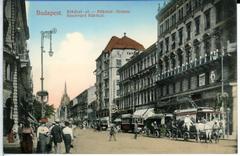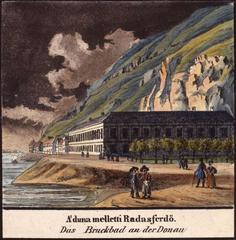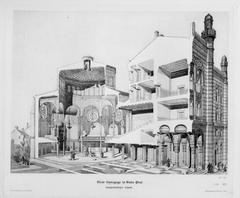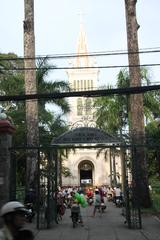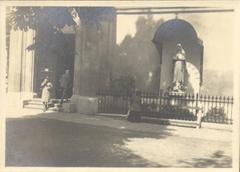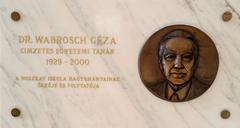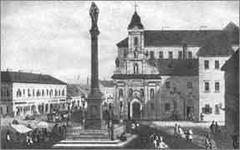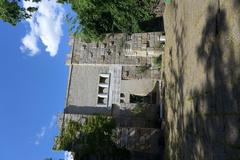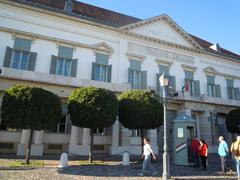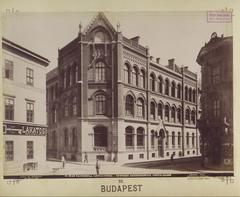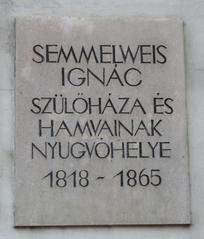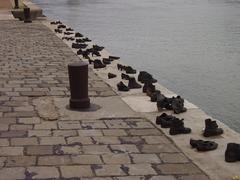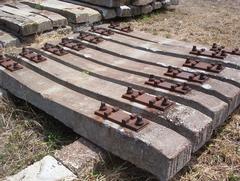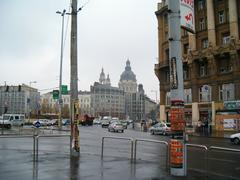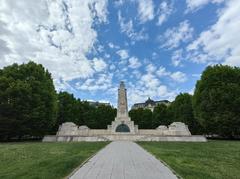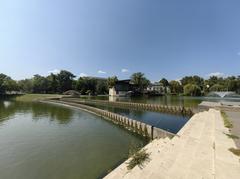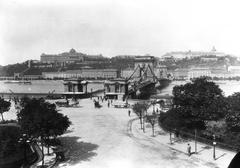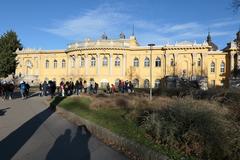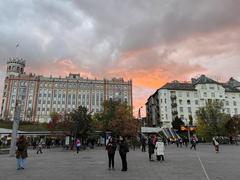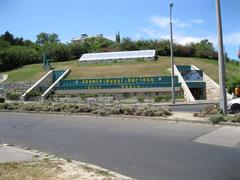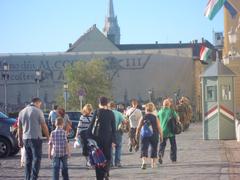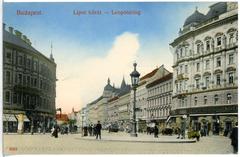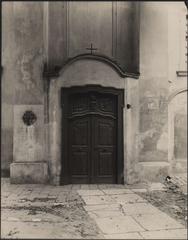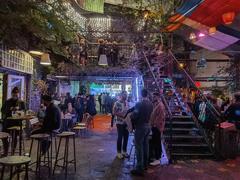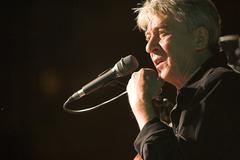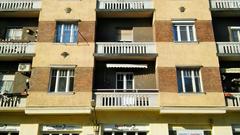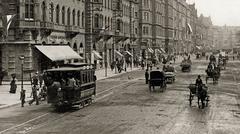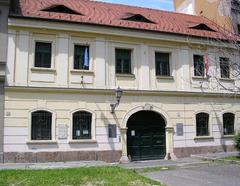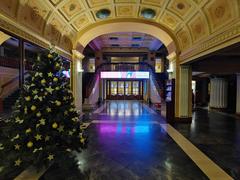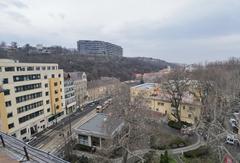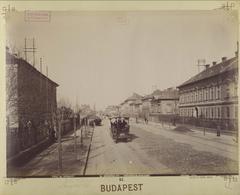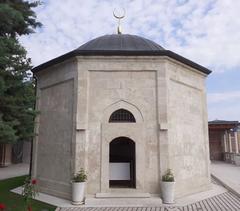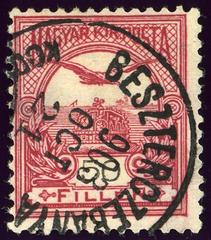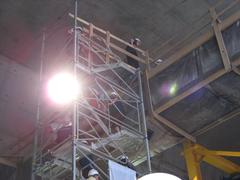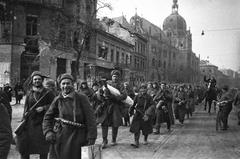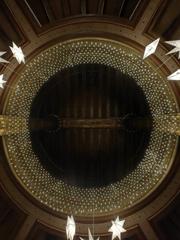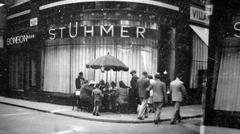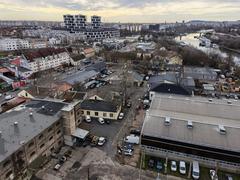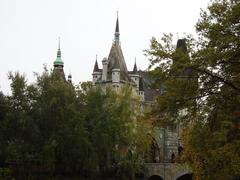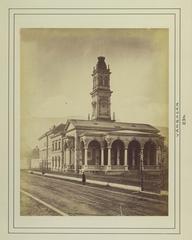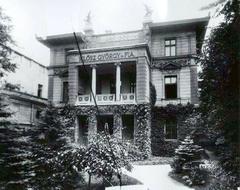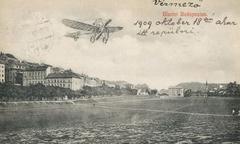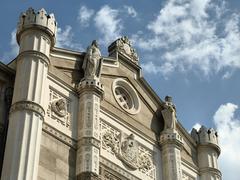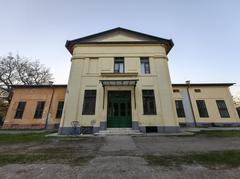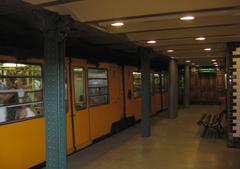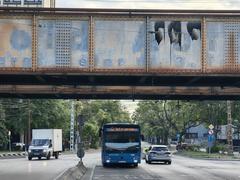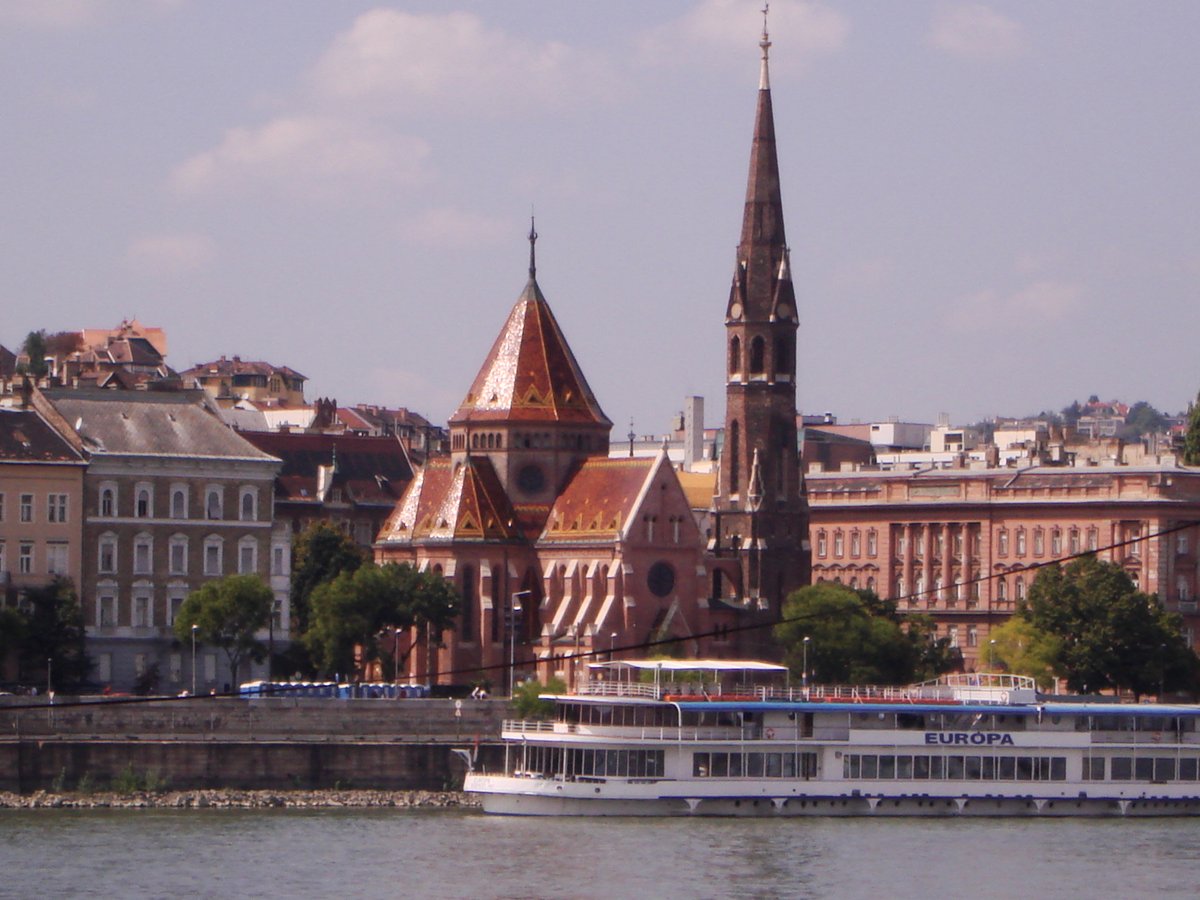
Szilágyi Dezső Tér Reformed Church: Visiting Hours, Tickets, and Historical Significance in Budapest
Date: 14/06/2025
Introduction
The Szilágyi Dezső Tér Reformed Church stands as a striking symbol of Budapest’s rich religious and architectural tapestry. Located in the scenic Buda district along the Danube, this late 19th-century Neo-Gothic masterpiece is celebrated for its distinctive red brick façade and vibrant Zsolnay ceramic roof tiles. Designed by Samu Pecz, the church is not only a testament to architectural innovation but also an enduring center of Protestant worship and community engagement in a city traditionally dominated by Catholic landmarks. Whether you are an architecture enthusiast, a history lover, or a spiritual traveler, the church offers a unique window into Budapest’s religious diversity and evolving urban landscape (Budapest City Attractions, Hungarian Tourism Agency, PestBuda).
Table of Contents
- Historical Background
- Architectural Significance
- Visiting Information
- Accessibility
- Guided Tours & Events
- Nearby Attractions
- Practical Tips
- FAQ
- Contact & References
- Conclusion
Historical Background
Origins and Community Roots
Before the unification of Budapest, the city’s Reformed community had limited worship spaces. The rapid industrialization of the late 19th century created demand for a prominent Protestant church in the Buda district. The Szilágyi Dezső Tér Reformed Church, completed in 1896, became a landmark symbolizing the growing confidence and visibility of the city’s Calvinist population. Its construction was made possible by community fundraising and support, including contributions from Emperor Franz Joseph.
Architectural Vision and Construction
An architectural competition in 1890 sought a design that would reflect Calvinist values and serve as a city landmark. Samu Pecz’s winning proposal featured a pentagonal, centrally arranged floor plan that placed the communion table at the center, surrounded by chapels. This layout encouraged communal worship and reflected Protestant liturgical priorities. Construction began in 1893 and concluded in time for Hungary’s millennial celebrations, further imbuing the building with national significance.
Role in Budapest’s Religious Life
As Budapest’s second-largest Reformed church, Szilágyi Dezső Tér continues to serve as a spiritual and cultural hub, hosting worship services, concerts, and community events. Its position along the Danube embankment and dynamic architectural profile have made it a lasting symbol of religious plurality in Hungary.
Renovation and Preservation
The church has undergone several restoration projects, most notably a comprehensive renovation completed in 2021. These efforts have preserved the building’s original materials, vibrant roof tiles, and structural integrity, ensuring its continued use and appeal (PestBuda).
Architectural Significance
Exterior Features
The exterior is defined by raw red brickwork, decorative terracotta elements, and a roof clad in colorful Zsolnay ceramics. The 62-meter spire, with its octagonal base and pointed tip, is visible from across the Danube and emphasizes the church’s verticality and prominence (Zsolnay Porcelain Manufacture).
Interior Design
Inside, the church rejects ornate Catholic traditions in favor of simplicity and clarity. Large stained-glass windows illuminate the semi-circular nave, directing attention to the centrally located pulpit and communion table—hallmarks of Reformed ecclesiastical design (Wanderlog).
Symbolism and Technical Innovation
Pointed arches, ribbed vaults, and the use of Zsolnay tiles not only evoke the Gothic Revival but also weave in Hungarian folk art motifs, connecting the structure to national identity. Samu Pecz employed reinforced brickwork to create an open, unobstructed interior, and the church’s acoustics make it a favored venue for concerts (Hungarian Tourism Agency).
Visiting Information
Address and How to Get There
- Address: Szilágyi Dezső tér 3, 1011 Budapest, Hungary
- Metro: Batthyány tér (M2 line), 5-minute walk
- Tram: Lines 19, 41 (stop: Batthyány tér)
- Parking: Limited; public transport recommended (Budapest Info)
Visiting Hours
- Monday to Saturday: 10:00 AM – 5:00 PM
- Sunday: Limited access after 1:00 PM due to services
- Closed: During religious holidays and special events (check official website)
Ticket Information
- Entry: Free (donations encouraged)
- Guided Tours: 1,500 HUF/person (~€4); group rates available; advance booking recommended
- Tour Languages: Hungarian, English
Worship Services
Regular services are conducted in Hungarian. Visitors are welcome to attend and experience the church’s vibrant spiritual life.
Accessibility
- Wheelchair Access: Main entrance ramp, accessible nave, restrooms available
- Assistance: Staff support available; advance notice recommended
- Signage: Hungarian and English
- Additional Needs: Contact the church for visual or hearing assistance (Accessibility in Budapest)
Guided Tours & Events
- Guided Tours: Available on request; advance booking via website or parish office
- Special Events: Monthly organ concerts (2,000 HUF), lectures, exhibitions, and charity events (Budapest Concerts)
- Photography Tours: Special arrangements possible for photographers
Visitor Guidelines
- Dress Code: Modest attire (shoulders and knees covered)
- Photography: Non-flash, personal use; tripods/commercial use require permission
- Silence: Maintain quiet, especially during services
- Food/Drink: Not allowed inside
Facilities and Amenities
- Information Desk: Multilingual brochures
- Gift Shop: Religious items, books, local crafts
- Wi-Fi: Free in the lobby
- Restrooms: Clean, accessible
Nearby Attractions
- Fisherman’s Bastion: 10-minute walk (Fisherman’s Bastion)
- Matthias Church: Szentháromság tér (Matthias Church)
- Buda Castle: UNESCO World Heritage Site (Buda Castle)
- Danube Promenade: Scenic river views
- Batthyány Square Market Hall: Hungarian delicacies
Practical Tips
- Best Time to Visit: Early morning or late afternoon, outside peak summer
- Duration: 30–60 minutes for self-guided visits; 45 minutes for guided tours
- Language: Staff speak English and German; materials available in multiple languages
- Safety: Area is generally safe; be mindful of belongings in tourist areas
- Children: Family-friendly, with supervision recommended
- Souvenirs: Gift shop proceeds support restoration
Frequently Asked Questions (FAQ)
Q: What are the church’s visiting hours?
A: Monday–Saturday: 10:00 AM–5:00 PM; Sunday: limited access after 1:00 PM.
Q: Is there an admission fee?
A: Entry is free; donations welcome. Guided tours cost 1,500 HUF per person.
Q: Are guided tours available?
A: Yes, in Hungarian and English; group tours require advance booking.
Q: Is the church wheelchair accessible?
A: Yes, with ramp access and accessible restrooms.
Q: Can I take photographs inside?
A: Non-flash photography for personal use is allowed; permission needed for tripods.
Contact Information
- Address: Szilágyi Dezső tér 3, 1011 Budapest, Hungary
- Phone: +36 1 201 6768
- Email: [email protected]
- Website: szilagyidezso.hu
For current updates, special events, and visitor guidelines, consult the official website or contact the parish office.
Conclusion
Szilágyi Dezső Tér Reformed Church is more than a historical monument; it is a vibrant center for spiritual life, community engagement, and architectural appreciation in Budapest. Its distinctive Neo-Gothic form, rich cultural programming, and welcoming atmosphere make it a rewarding destination for visitors seeking insight into Hungary’s religious heritage and urban history. Plan your visit by checking the latest information on visiting hours and ticketing, and consider exploring nearby landmarks for a fuller experience of Budapest’s storied past.
Sources and Further Reading
- Budapest City Attractions
- Hungarian Tourism Agency
- PestBuda
- Wanderlog
- Budapest Info
- Zsolnay Porcelain Manufacture
- Accessibility in Budapest
- Budapest Concerts
- Fisherman’s Bastion
- Matthias Church
- Buda Castle
- Audiala App
Enhance your Budapest experience: Download the Audiala app for audio tours of Szilágyi Dezső Tér Reformed Church and other historical sites. Follow us on social media and stay updated on events and cultural highlights!
